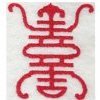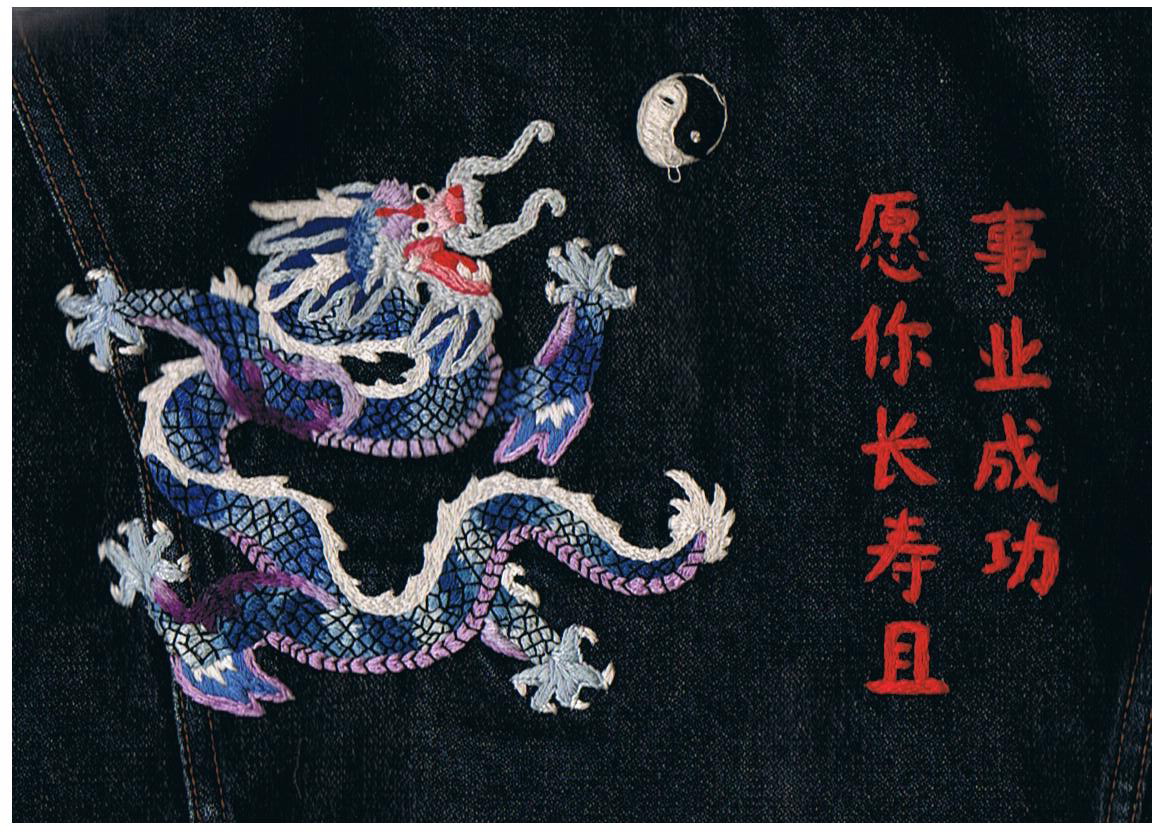Welcome back to edX Mandarin Level 3.
I will be writing up the lessons every couple of weeks to give people an idea what the online lesson are like and to help me consolidate my learning.
Lesson 1 - Watching a movie.
In this lesson we learn about going to the movies, the types of movies and the chinese names of some famous actors.
The two friends, Luke and Pipe meet in the street and start discussing their weekend.
Luke took his girlfriend to dinner and then to a movie - 电影。 She wanted to watch a horror movie - 恐怖片 but Luke was too scared and wouldn't dare - 敢 watch it so they ended up - 后来 watching a romance movie.爱情片.
Luke found the 爱情片 boring, not interesting 没有意思。
Pipe said he liked to watch comedies and action movies - 喜剧和动作片
We learnt the names of actors in chinese, for example Johnny Depp 强尼戴普。
Luke and Pipe decide to go watch a movie after class.
We also learnt a lot of associated vocabulary to do with movies and actors.
Grammar included learning about 了 - "is used to mark the completion of the action, it is usually followed by some quantity describing the object." This one of the uses of 了, I am sure we will come across the others in the future
Time duration + 没。。。。了to express that you haven't done something for a period of time.
How to express whatever using 什么 twice in a sentence.
本来。。。。后来。。。。to show the contrast between what one thought before and later.
I have only given a brief outline of the grammar points, you can view the lesson in full on the edX site, it is free.
Hope this is of some help.
I did the quiz and got a 100% pass, I always surprise myself with how well I do with the listening comprehension and then completely crumple at having to listen and then write what I heard, seems there is a difference between just listening and understanding and writing down what you hear either in pinyin or characters. I kept getting the wrong tone using pinyin and writing the characters just drew a blank.
Lesson 2- Studying Chinese
This lesson introduces us to measure words 量词.
Lily and Pipe are discussing the the fact that chinese class has become harder.
Pipe asks why and Lily says because characters such as 的 and 了 have more than one pronunciation. 的 can be di or de and 了 can be le or liao.
Pipe agrees and says that there is also grammar to learn. He remarks that some people say that chinese doesn't have grammar but how is that even possible? Lily also says that she is "afraid of two articles of clothing" .
Pipe works out what she is talking about is measure words and tells her yes you will have to practice that.
Lily says she is also having trouble remembering the stroke order for writing characters. Pipe agrees and recommends taking time and practising and you will see improve.
Lily jokes that having a Chinese boyfriend will improve your chinese. Pipe is astonished she would say this but then realises she is joking. we learn the useful phrase I am just kidding 我是 开玩笑的。
There are 4 grammar points this week:
1) For example 比如说 it is used very much like you would use it in English.
2) To suggest doing something more or less put 少 or 多 before the verb.
3) 还是 is used to express that things will remain the same.
4) To reassure others use the pattern 会。。。。的 usually appearing with the adverb 一定。
The vocabulary reflected the dialogue's content about learning Chinese and words to do with language, So we learnt, amongst others, 量词 measure word, 笔画 stroke order, 发音 pronouciation, 语法 grammar, syntax and the very useful 目的 objective, goal. Our 目的 should be to practice 练习 ,to understand 了解 and not forget 忘记 the 笔画。
I did the quiz but only managed 90% as I just couldn't do the 2 listening and writing questions in time, I spent too much time listening and not enough time writing
So that was lesson 2, I am going to give each lesson it own topic so it it easier to keep in order.
Hope this was of help.
.

![]()
